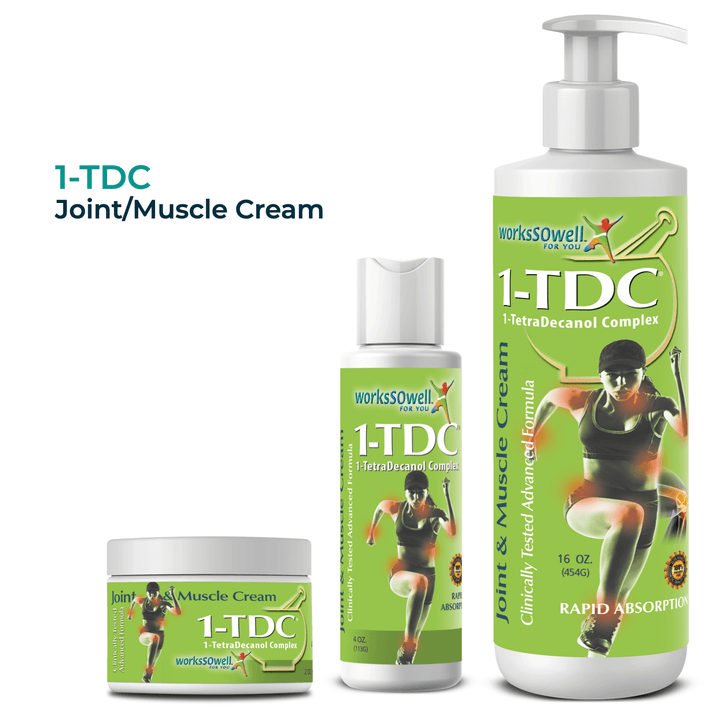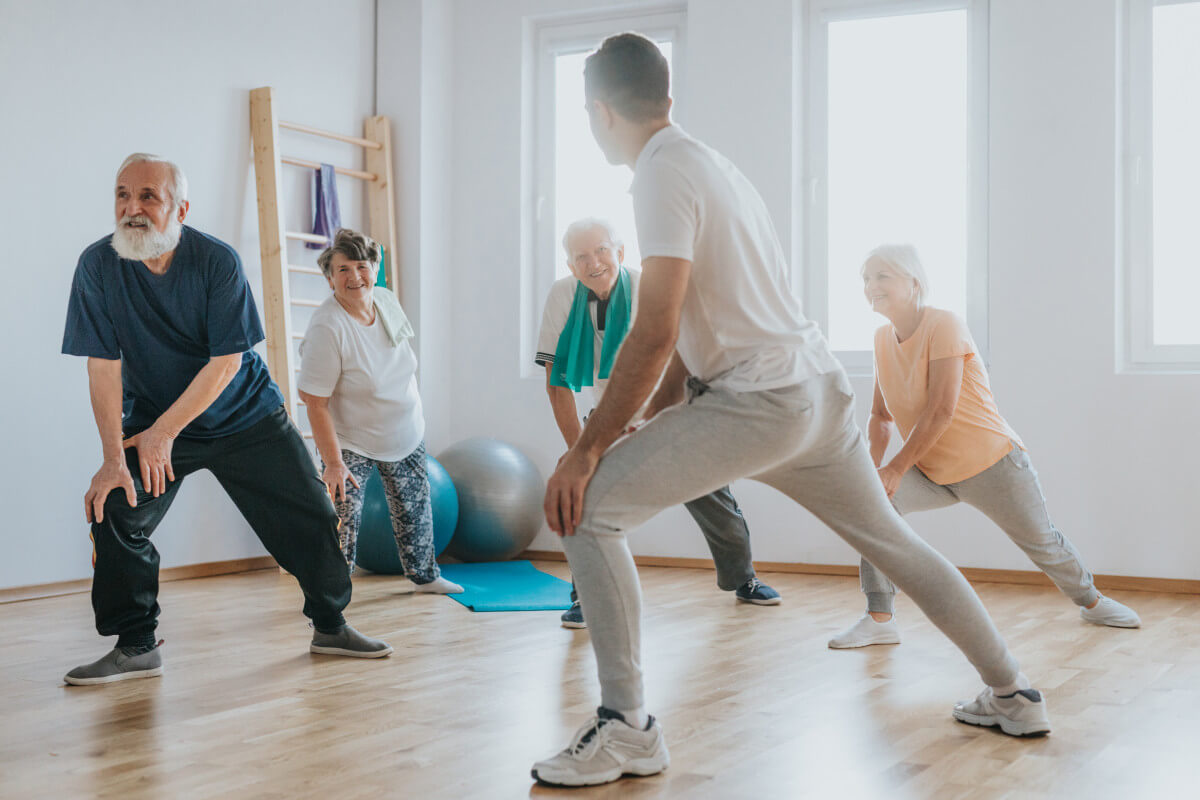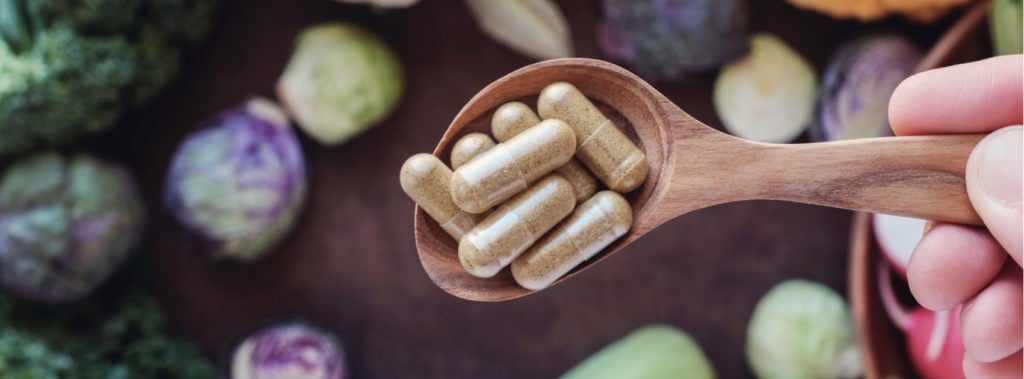What Is Joint Lubrication? When we move our bodies, it is necessary for our joints to be lubricated. This is so the bones don’t scrape against one another, which would cause pain and, in severe cases, disability. The body creates synovial fluid to provide this lubrication. In addition, cartilage helps the bones move smoothly by providing cushioning. As people age, they create less synovial fluid and their cartilage gets worn down, causing arthritis, joint pain, joint swelling, and a reduced range of motion.
How to Improve Joint Lubrication Naturally
There are many ways that you can improve your joint lubrication if you are noticing the symptoms of less synovial fluid or damaged cartilage. Even if you are not noticing any issues, it is important to take steps to avoid having these problems. You can do so by making lifestyle changes, by eating foods that can help joint lubrication, and by taking certain supplements.
Lifestyle Changes That Can Help with Joint Lubrication
One of the most effective ways to avoid issues with your joints is to lose weight if you are overweight and to avoid gaining excess weight if you are currently at a normal weight. The more you weigh, the more pressure is exerted on your ankles, knees, hips, and spine. It is normal for joints to lose some of their lubrication and cushion as you get older, but carrying too much weight can hasten this part of the aging process.
Talk to your doctor about the safest way for you to lose weight. In most cases, you will need to reduce the number of calories you are eating and/or burn off more calories with exercise. Some people might do well on a specific diet. Others might benefit from weight-loss medication or surgery. The right solution for you depends on what you have tried before, how much weight you need to lose, how healthy you are overall, whether you have diabetes or other chronic illnesses, and other factors that your doctor will be able to discuss with you so you can settle on the plan that is right for you.
If you are currently at a healthy weight, take steps to avoid gaining weight. Eat healthy portion sizes of nutrient-dense foods and exercise daily.
Exercising regularly is also an important step in keeping your joints well lubricated. The more you use your joints, the better they will be at keeping up with the demands you place on them—to a point. Overworking the joints can cause damage. Be sure to speak with a physical therapist or sports medicine specialist if you are very athletic or if you are having trouble with creaking, swollen, or painful joints.
What to Eat for Better Joint Lubrication
As already mentioned, keeping your weight at a healthy level is a great way to maintain your joint health. To do this, most people should focus on eating whole grains, fresh fruits and vegetables, and lean protein sources such as eggs, poultry, fish, and pork. Avoid fatty red meat, sugar, too much salt (which can cause swelling), and too many processed foods.
You will also want to make sure you get enough healthy fats in your diet. Try adding avocado, avocado oil, olive oil, nuts, and fatty fish (such as salmon) to your diet. These fats improve your joint lubrication and will also keep your skin supple and your hair healthy.
Also, drink plenty of water to reduce water retention in your body, as this puts more pressure on your joints. It sounds counterintuitive, but staying well hydrated can help avoid fluid retention and will help flush stored fluids out of your body.
Supplements for Joint Lubrication
Taking certain supplements can also keep your joints moving smoothly. Glucosamine sulfate and chondroitin are supplements that help reduce inflammation and increase lubrication. Their benefits are limited, however.
A supplement containing fatty acids can not only improve joint lubrication but also improve muscle stamina, making it easier for you to remain active. Talk to your doctor about adding 1TDC™ to your healthy diet. This supplement contains unique fatty acids that can potentially bring about full-body relief.
Medical Treatments for Poor Joint Lubrication
There are several different medical treatments for poor joint lubrication and inflammation. The goal with these treatments is usually symptom control. A common first treatment is combining non-steroidal anti-inflammatory drugs (NSAIDS) with cortisone (steroid) injections. You might need to take the NSAIDS for a long period of time, so the benefits of this treatment would need to be weighed against the risks associated with frequent use (mainly gastrointestinal issues and potential heart issues).
Physical therapy is another common treatment; over time, the physical treatment you have in the office can often be phased into exercises you do at home to maintain better joint lubrication.
Finally, surgery is an option in severe cases. You might have knee-replacement or hip-replacement surgery, depending on which joint is giving you trouble. Your surgeon will talk to you about the risks and benefits of these procedures should it come to that.
Alternative Treatments for Joint Lubrication
Those looking for alternative ways to address joint pain and poor joint lubrication may benefit from treatments such as acupressure or acupuncture.
With acupressure, a professional acupressurist will stimulate various points of the body using firm pressure. Some studies suggest that acupressure can aid in lubricating the joints to improve flexibility and reduce pain.
Acupuncture, on the other hand, involves the insertion of hair-thin needles in specific energy-flowing points. This treatment is believed to stimulate nearby nerves and improve both mobility of the joints and circulation.
It makes sense to start with making lifestyle changes, changing your diet, and adding supplements to your regimen if you are dealing with poor joint lubrication. Talk to your doctor about making the best choices for your continued health.
1-TDC® Joint and Muscle Cream

$17.00
1TDC® Cream is the Gold Standard for Joint and Muscle Topical Soothing Relief. Rapidly and highly absorbed, paraben-free, and clinically tested. 1TDC® Cream…the Gold Standard for Joint and Muscle Topical Soothing Relief Rapidly and highly absorbed, reaching deep into… read more










